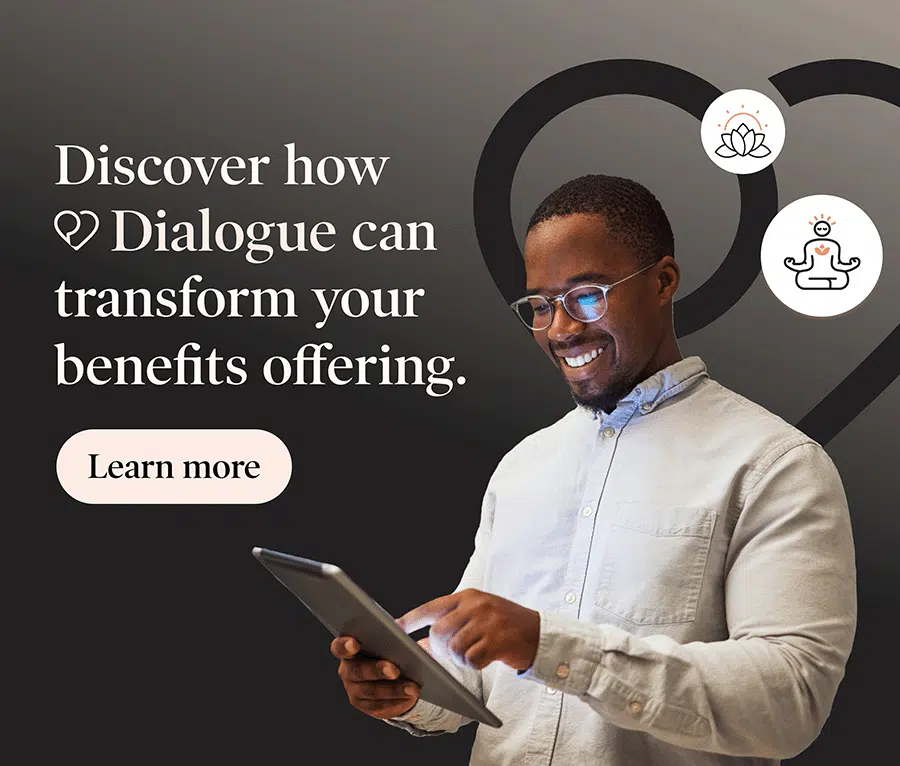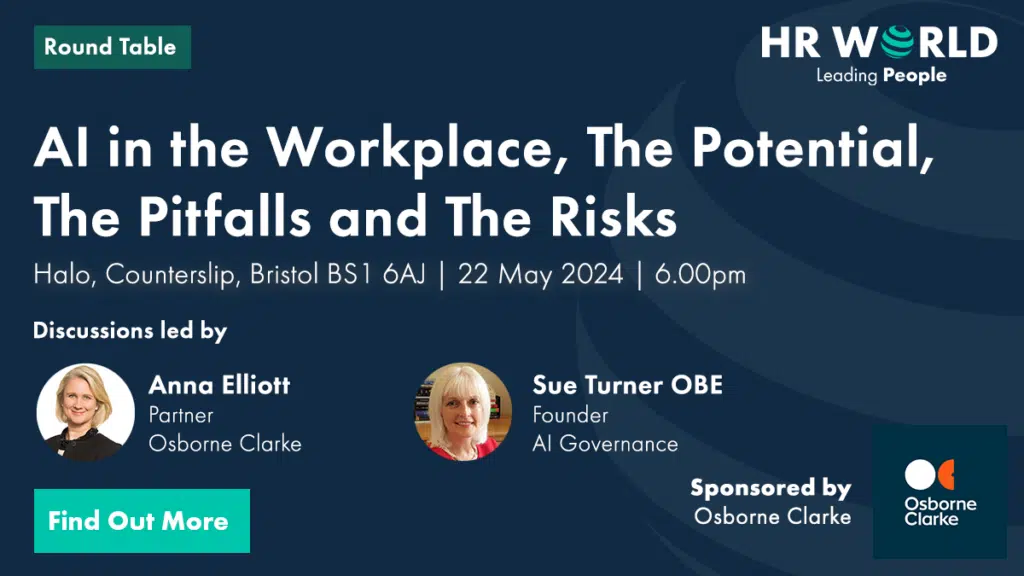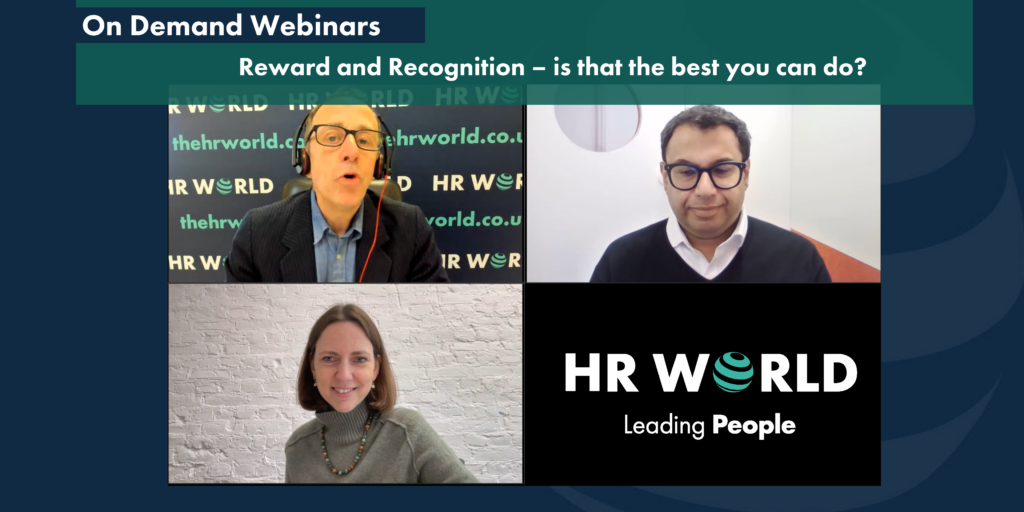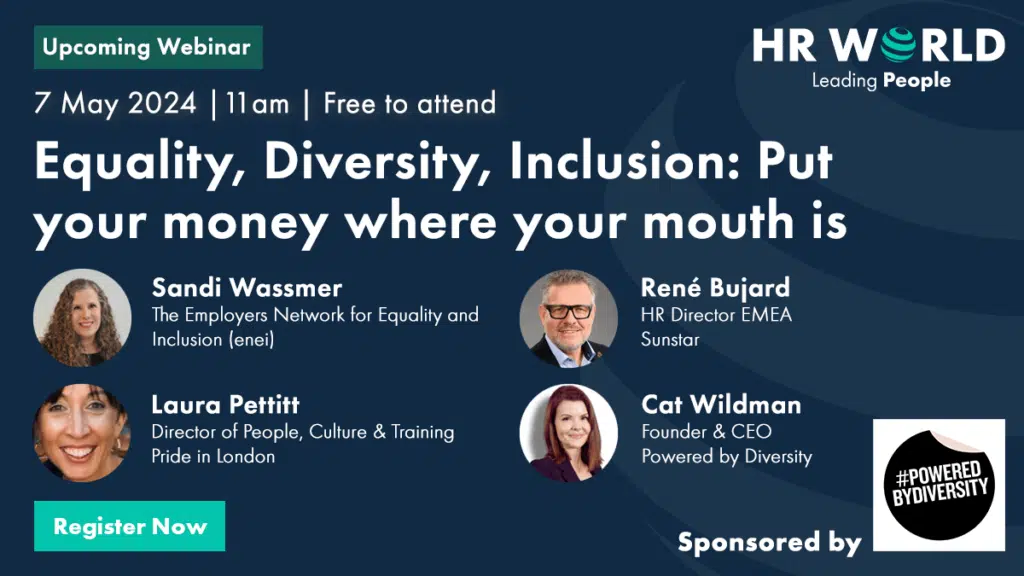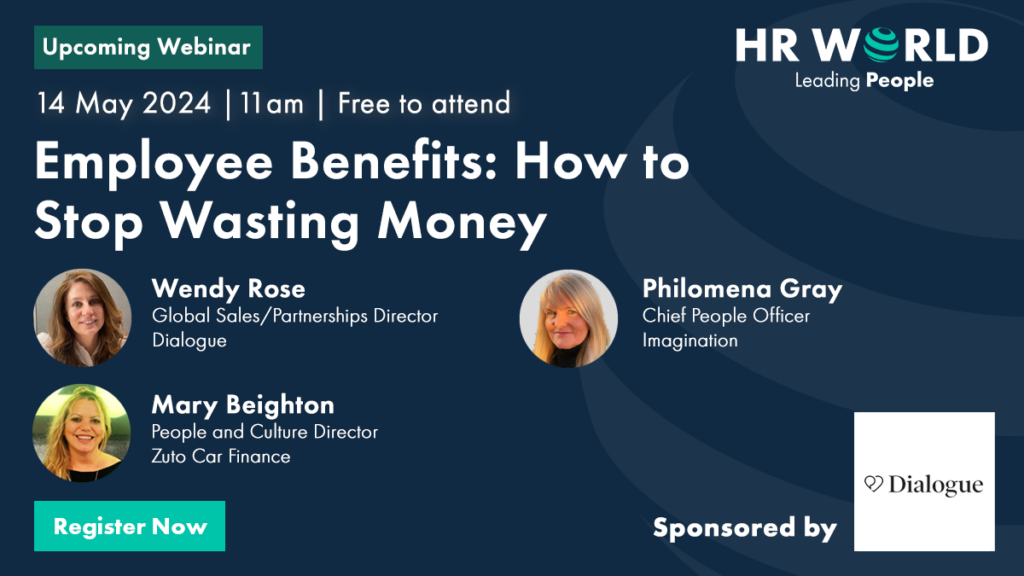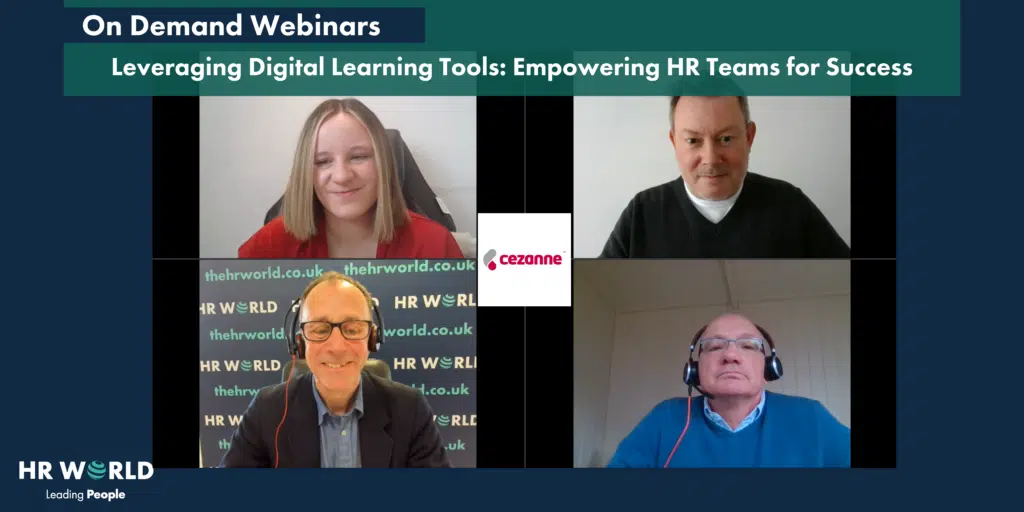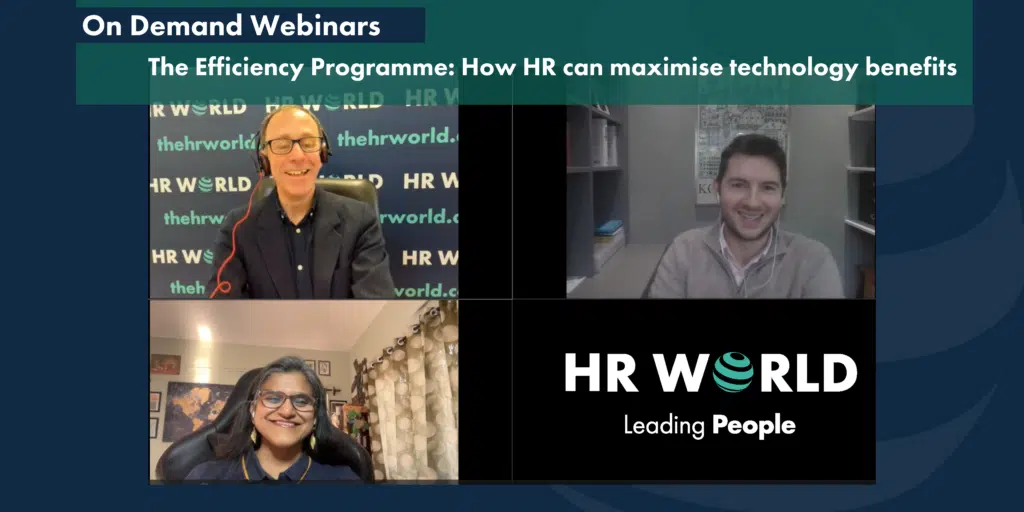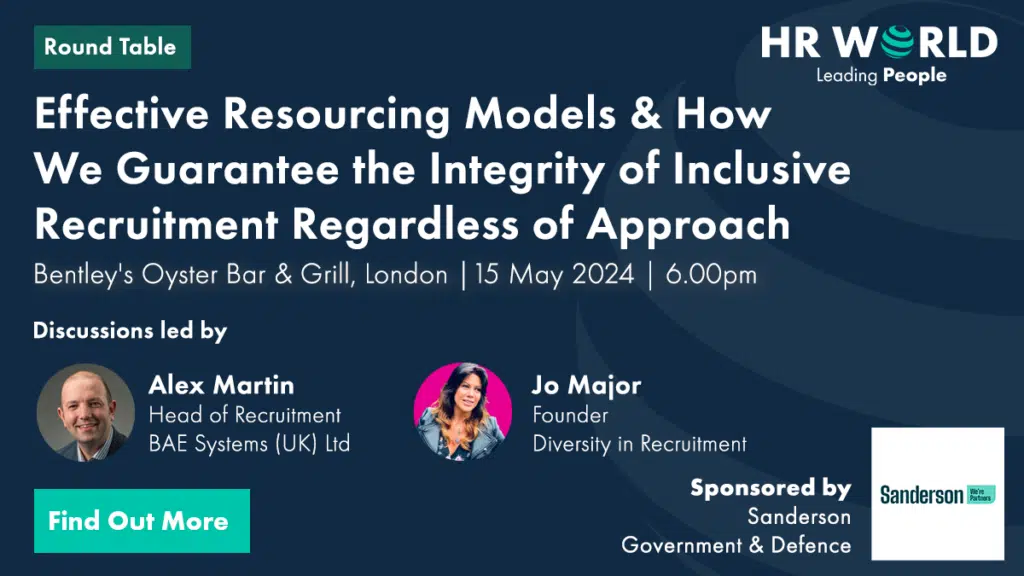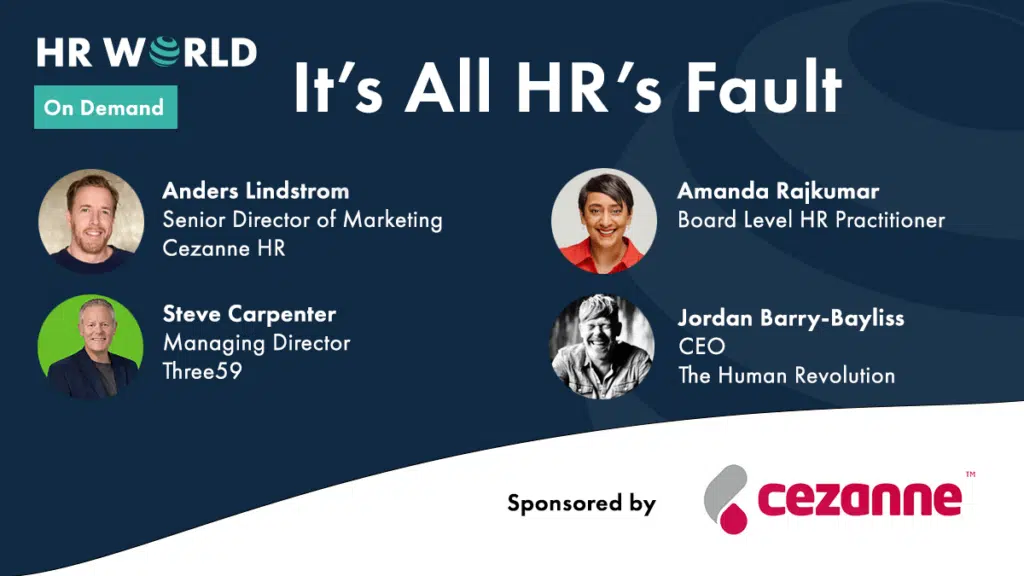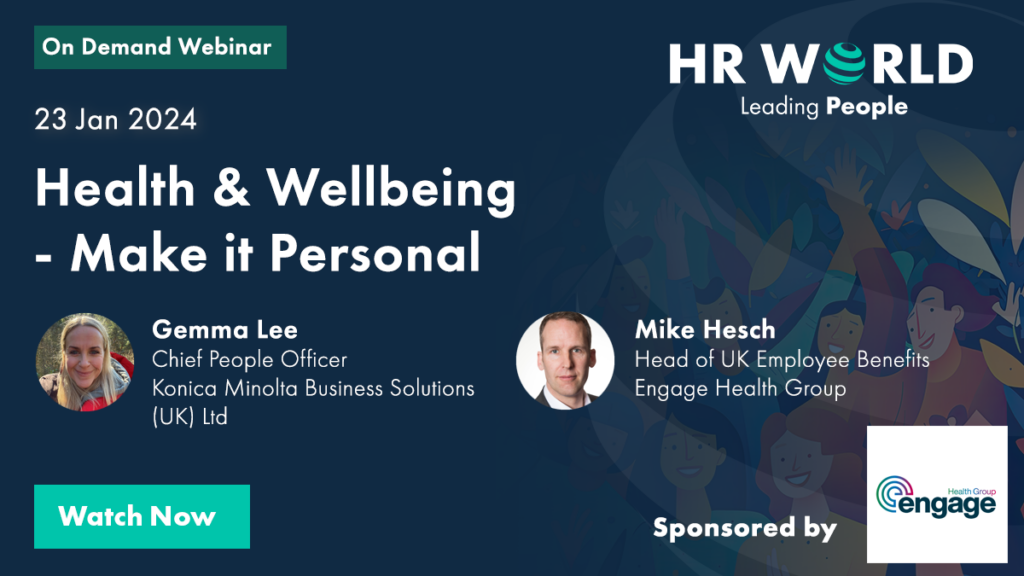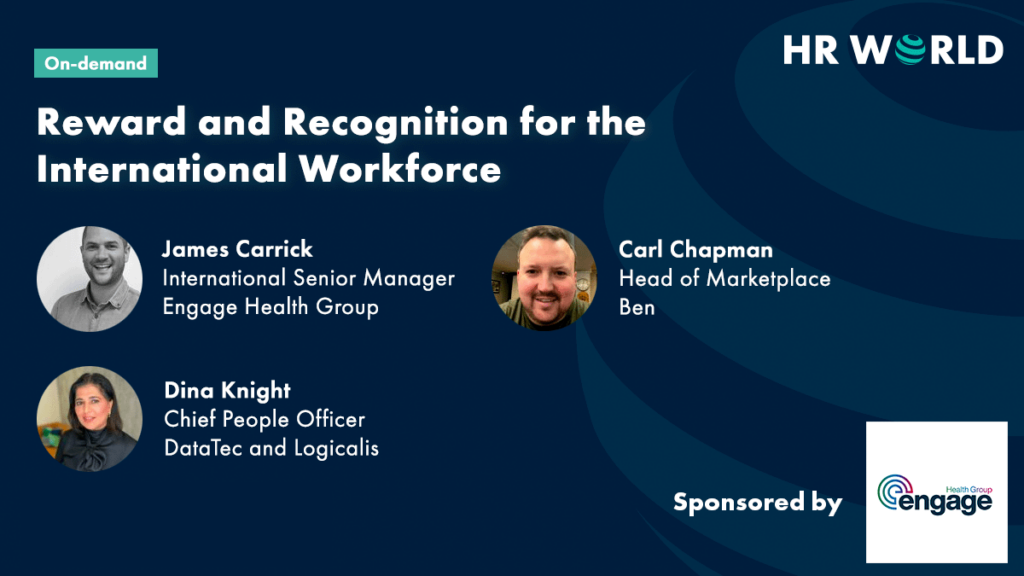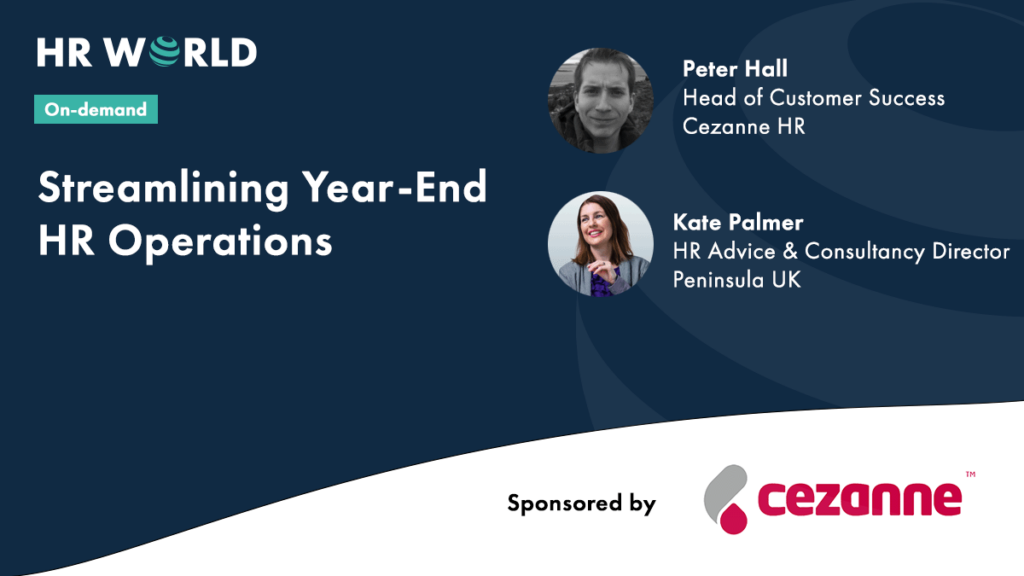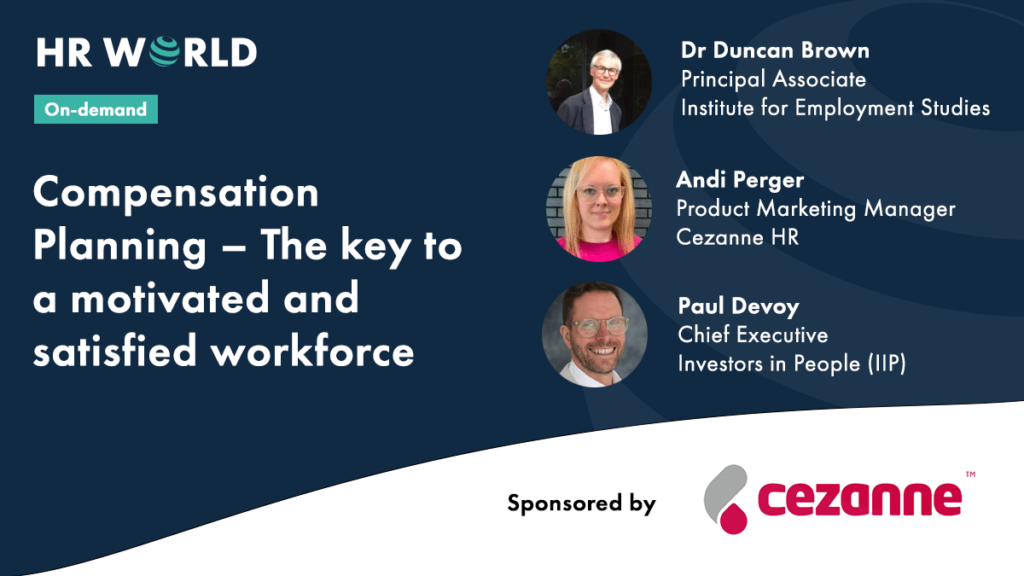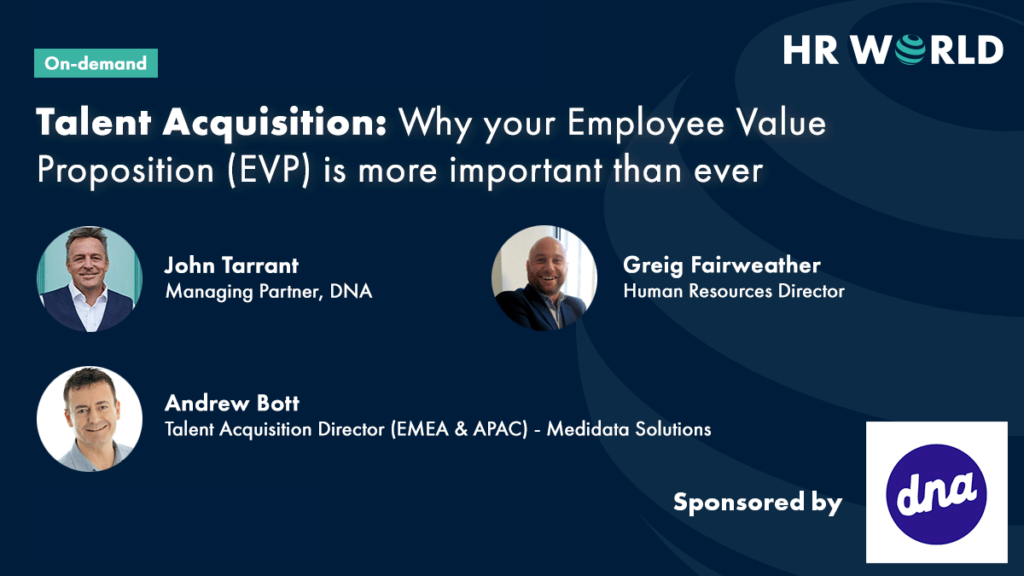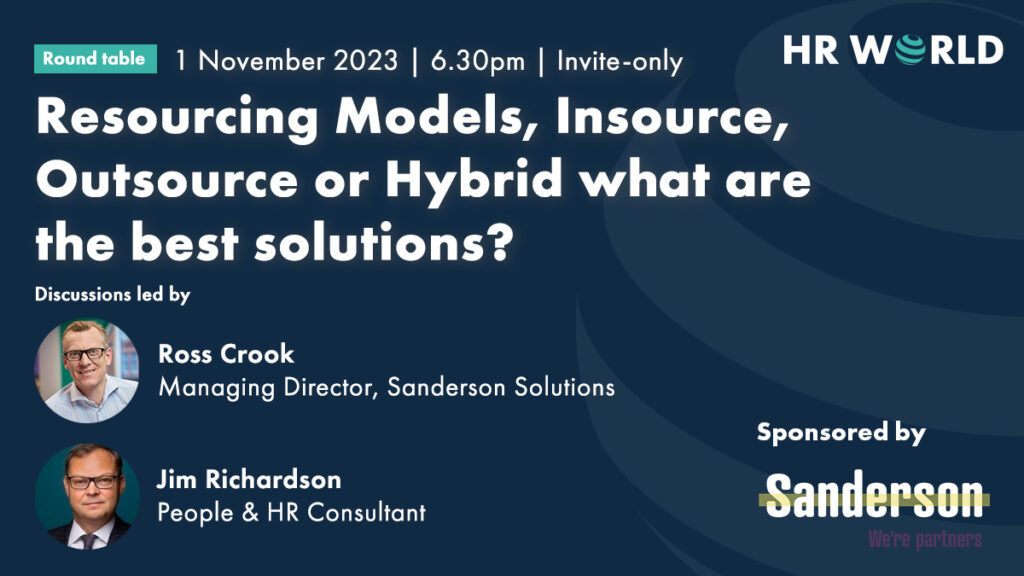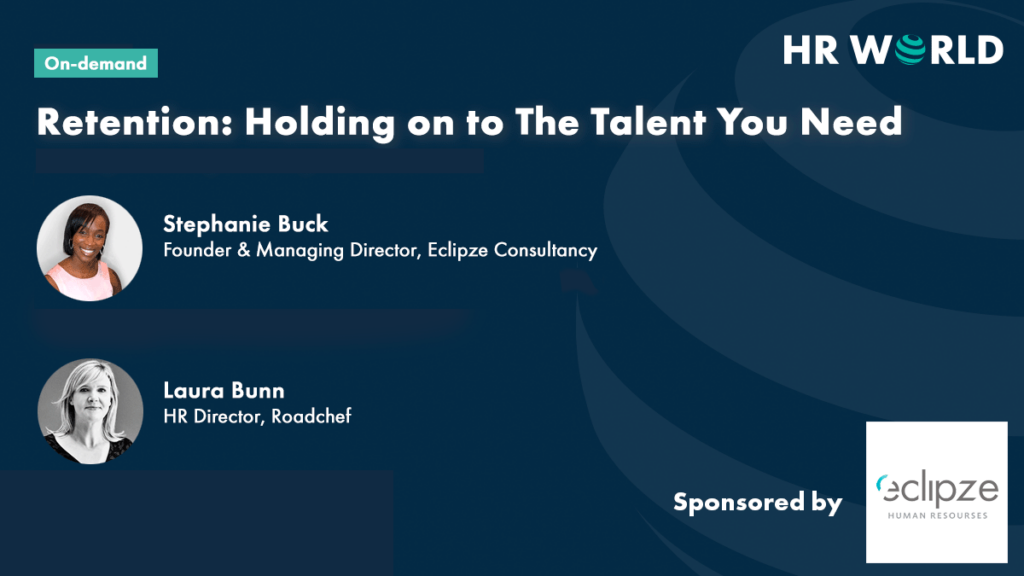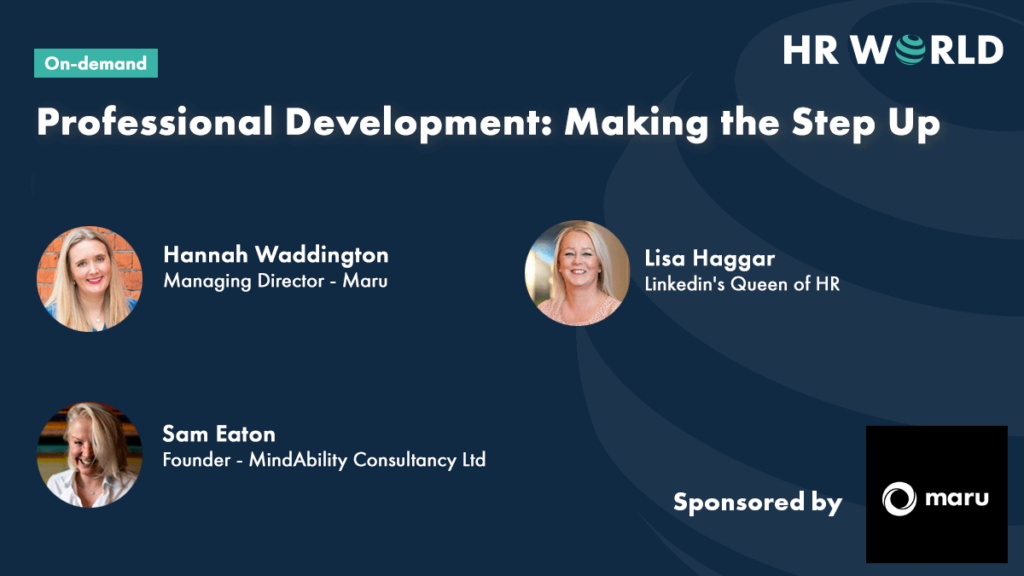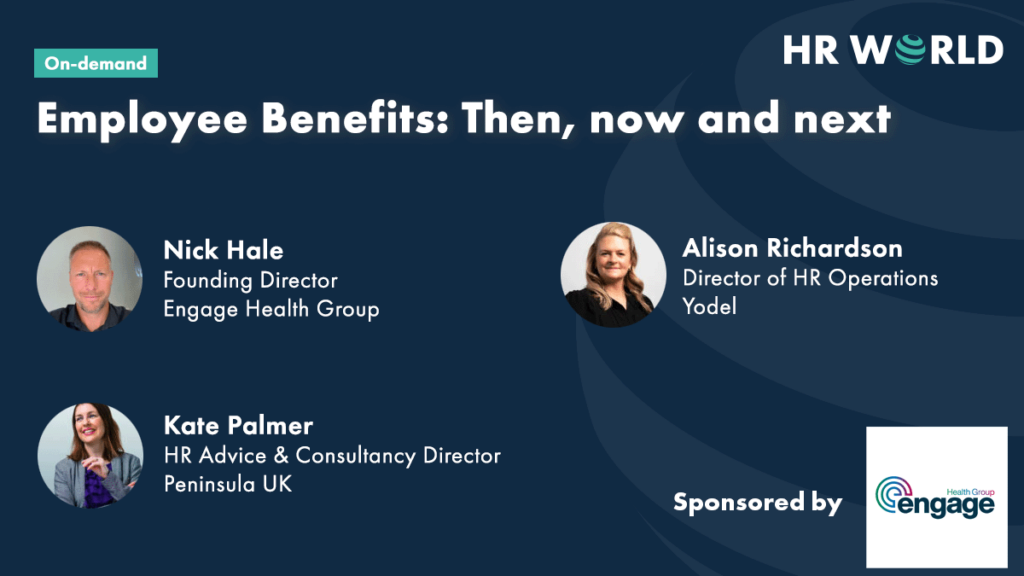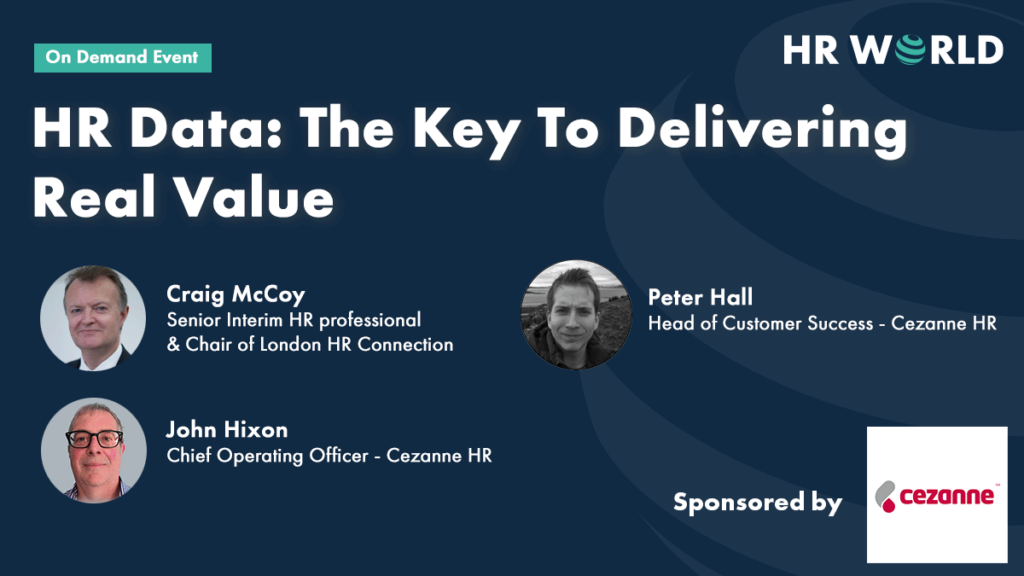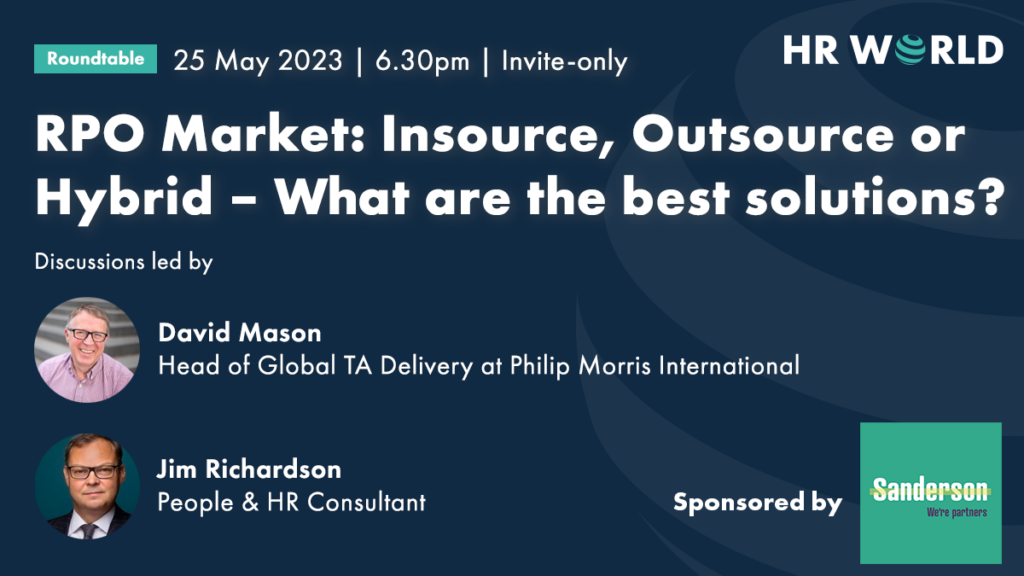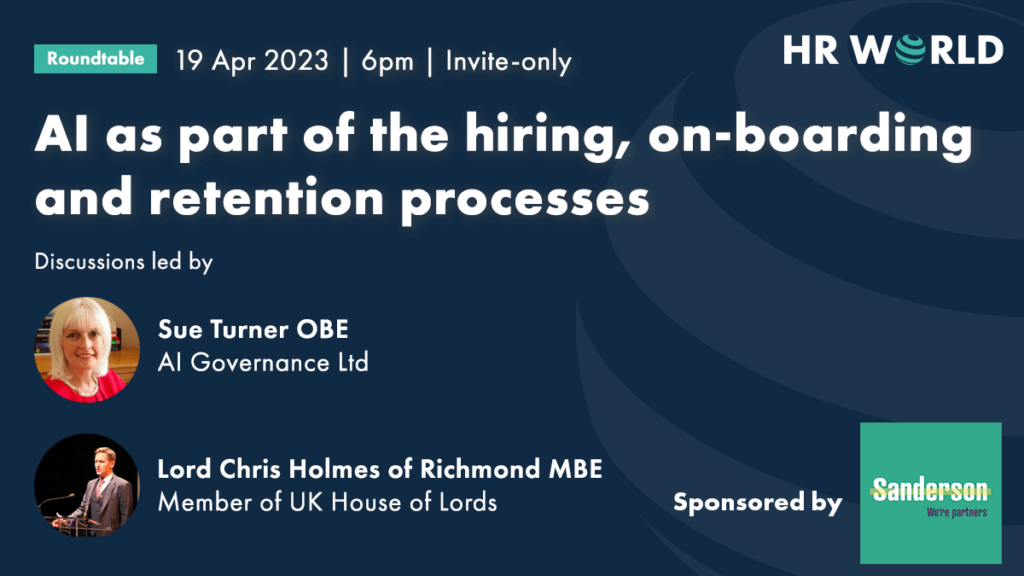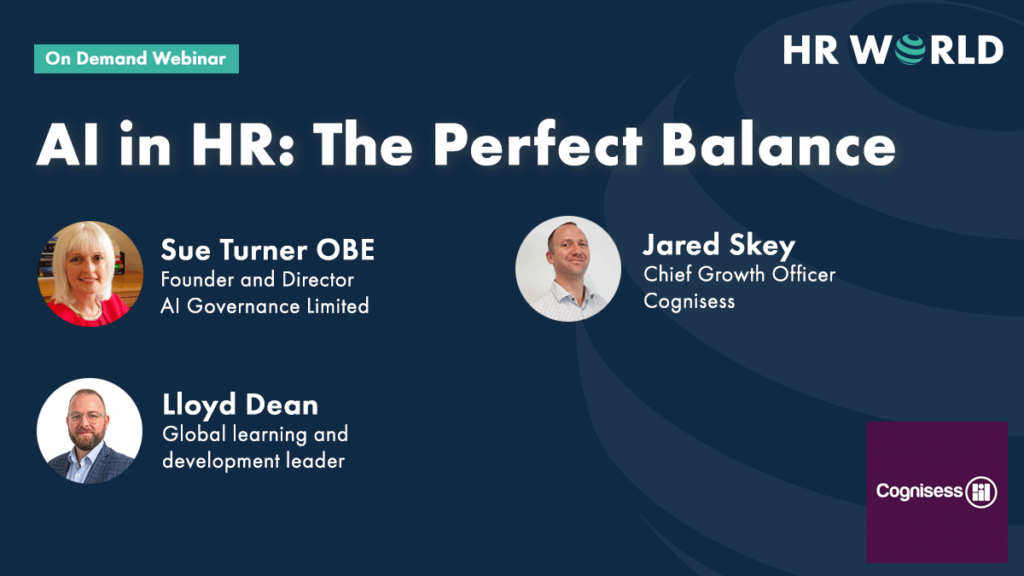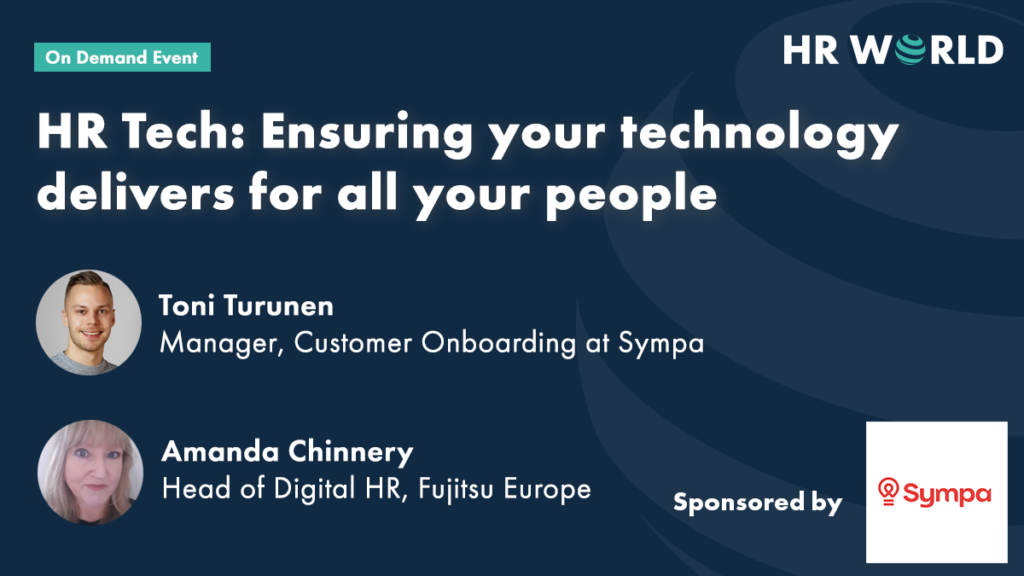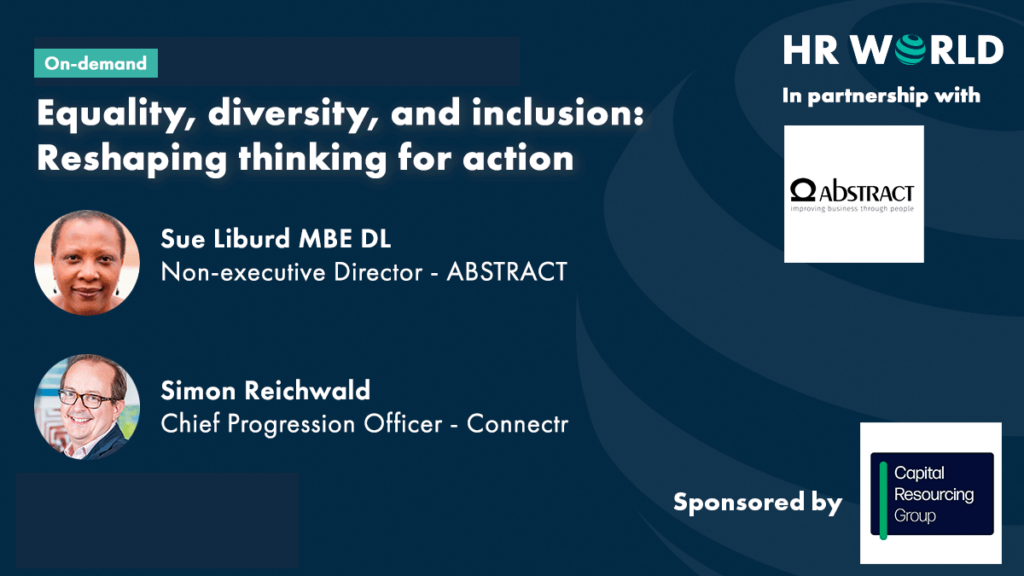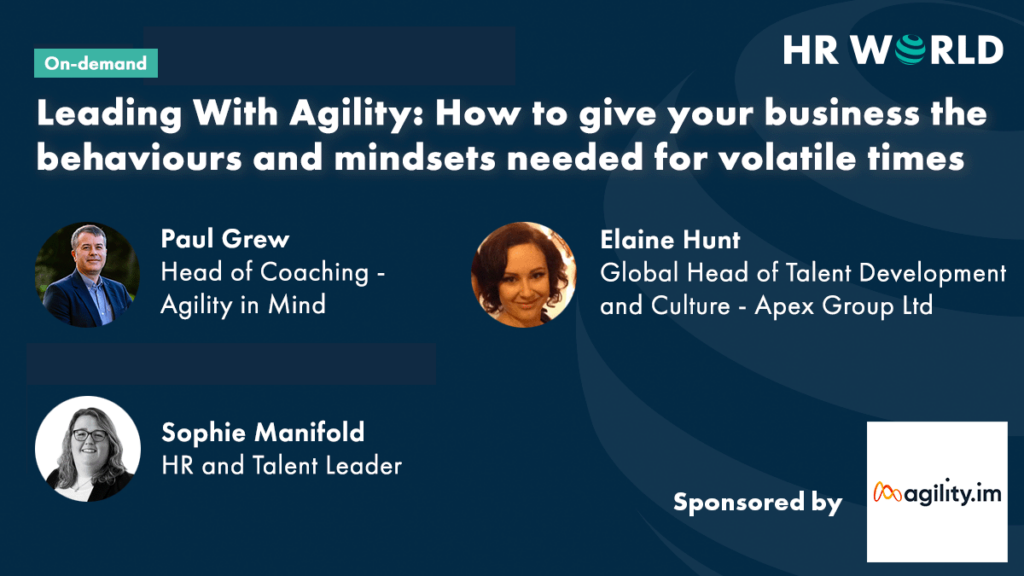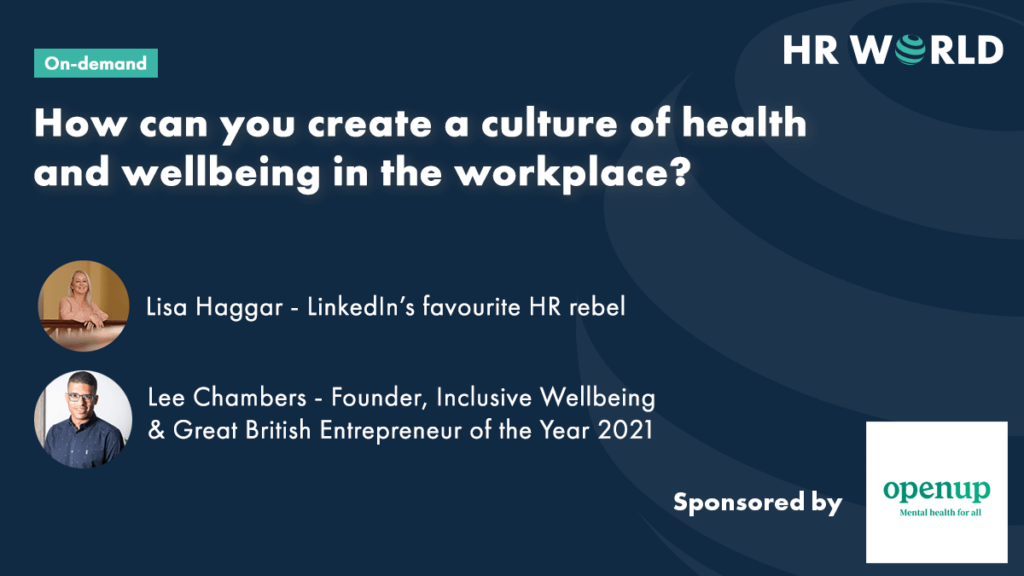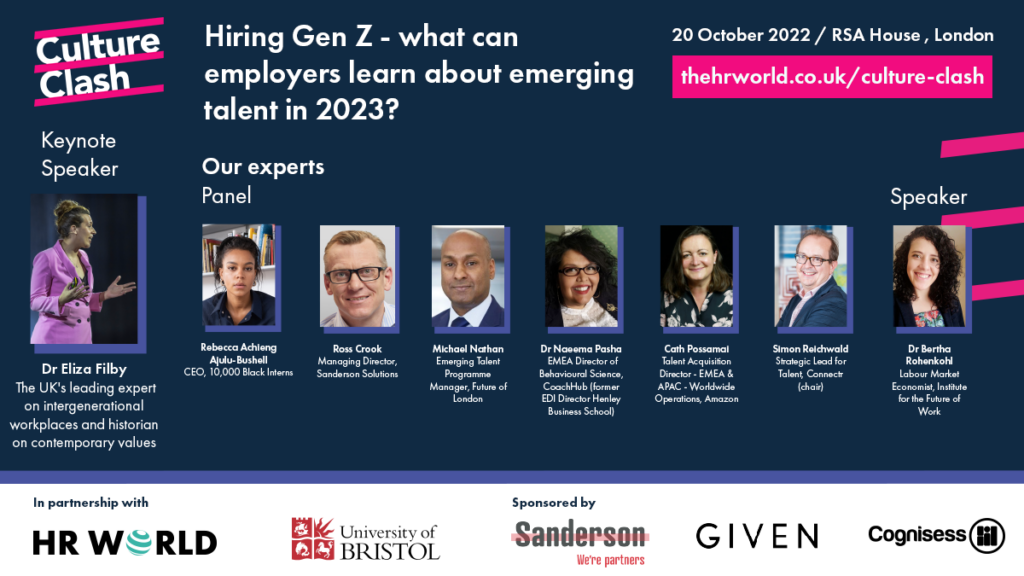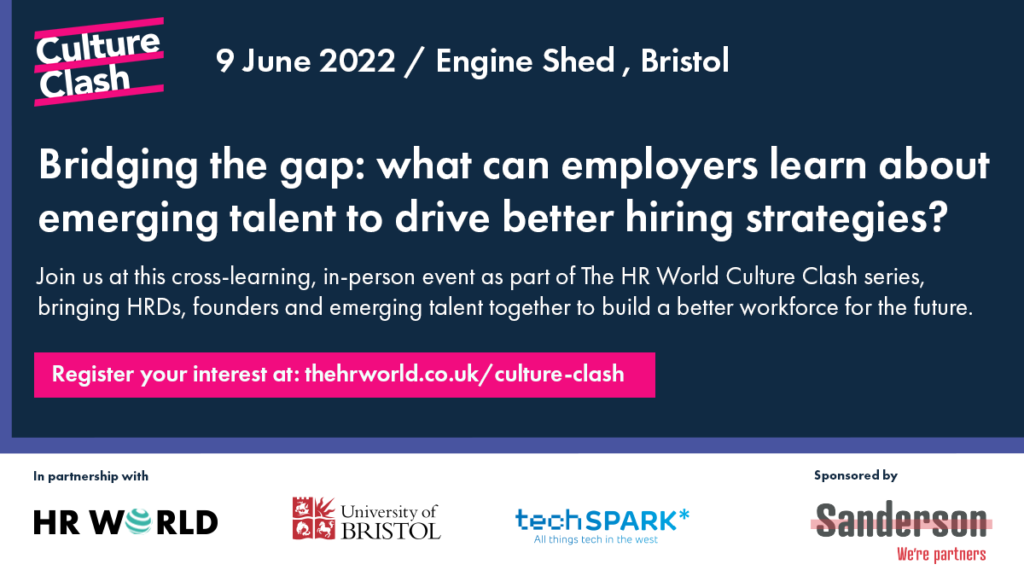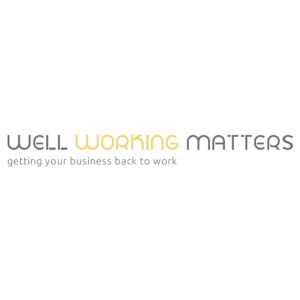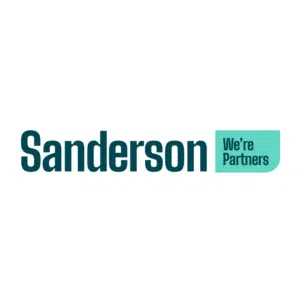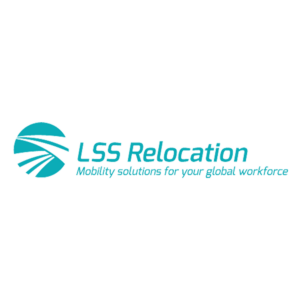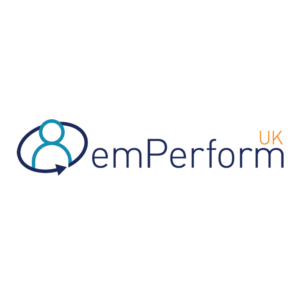Home » Knowledge Hub » Professional Development » Q&A: Professional Development: Making the Step Up
Q&A: Professional Development: Making the Step Up
21 August 2023 Professional Development
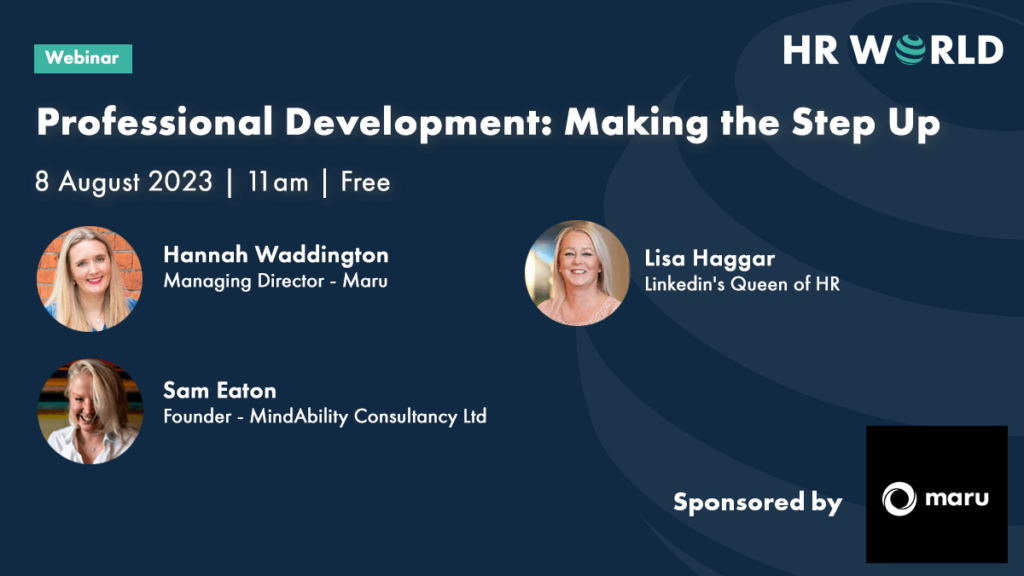
This month The HR World’s webinar brought together Hannah Waddington, Managing Director of Maru Search & Consultancy, Lisa Haggar, global people director and Linkedin’s Queen of HR and Sam Eaton, Founder, MindAbility Consultancy Ltd to discuss professional development for HR professionals.
Centring on an aspect of HR life that often takes second place to looking after the rest of the workforce, this session lifted the lid on the techniques, ideas and attitudes that could drive an HR specialist’s career. Sponsored by Maru Search & Consultancy, the webinar is well worth a watch here and could change your working life. Meanwhile, below, are some questions raised by viewers during the session that our panel didn’t have time to address.
Why do so few FTSE 100 companies have HR at executive board level and how can we rectify this?
Hannah Waddington: I believe this is a historical issue with many underlying factors, which unfortunately means, it may take a lot of time and work to rectify! HR has changed dramatically in terms of its role within business, but still for many, it is seen as a ‘support’ function, rather than a strategic contributor. We need to rectify this by doing the work to ensure HR is seen as a strategic partner, coming back to what was being said during the discussion. Having the commercial and strategic acumen to have those top-level conversations is going to be a priority if we are going to see any change. We also need to invest in the necessary support and training for HR execs coming through the ranks which represent these strategic values. They need to be encouraged to develop the necessary financial, commercial and data analysis skills, as well as their HR experience and cross-functional collaboration across the business. HR can then use these skills to actively demonstrate the value they add to business and the impact HR can have on business outcomes.
Lisa Haggar: Outdated thinking around what HR is and companies who see it as a transactional support function rather than a strategic driver for the business. It sounds a little crazy… but when I coach people on this, I ask ‘Have you told your boss that you want to drive you career and become a member of the SLT/Board’ … If you want to be in the room, ask one of the current SLT or board members to mentor you. It’s all about relationships, who you know and being an expert that the business then sits up and listens to.
Sam Eaton: In all honesty, I don’t work with many FTSE 100 companies within MindAbility. However, based on my experience of working with them during my career, organisations still saw the role as operational and not strategic despite HR leaders being responsible for getting the actual work done!
This is evolving and changing thankfully; it needs to, let’s face it, with only 3% of boards reportedly having an HRD or CHRO at board level according to Employer News back in 2022.
People leaders and CHROs are at the forefront of what’s happening in the world of work. Do we need a CMO or someone to develop our holographic marketing? My point is this, in looking forward we will see the role of HR evolve and potentially the phrase “HR” will be dropped altogether – the role itself, moreover, the outcomes from the role are critical – and that is the fundamental reason we will see this figure change – and quickly.
How do you think hybrid/remote work may ‘hinder’ career progression in HR (or not)?
SE: I’m in the ‘not’ camp – hybrid and remote working isn’t for everyone; people should be given the choice. My dream is that we live in a world where workspaces are timeless and placeless – and the workplaces are a place of community, learning and engagement.
There are already companies who are attracting some of the world’s top talent because they are embracing work from anywhere strategies. Ultimately a company – and its team need to find a common ground.
Surely this can only benefit HR – creating a whole new world of work – it’s workforce planning off the scale! You could build a pretty decent consultancy off the achievements of that alone.
LH: As much as I am in all favour of remote working, it does have a huge impact on fostering key relationships as interaction in person is always better in my opinion. Even if you are fully remote, you can still arrange meet ups in person. Also use technology to work collaboratively rather than boring teams meetings eg interactive whiteboards for strategy sessions and interaction. To get on in your career you need to build solid relationships with key stakeholders, based on trust, understand the internal and external factors of the business, be great at delivery, have the ability to influence, talk the businesses language and articulate a compelling argument.
HW: I believe this will wholly depend on the organisation and/or the industry. Proximity bias exists. It is much worse in some companies than others, and I think you need to find the business that is right for you.
From a hybrid working perspective, we are still finding our feet. It must be said that progression in any field depends on several factors, one of these being relationship building. Building relationships remotely is different from building relationships when you might have been in the office five days a week. I believe it takes more proactivity, we need to make a conscious effort to create virtual environments where we can collaborate both one to one and in a group setting to gain trust and advocacy from our peers and colleagues. This may have happened more naturally in the office, but we now must approach this in a more enterprising fashion. There is also a question here about cultural alignment and if it is possible to foster a cohesive culture when working remotely.
Having said all the above, if the company you are working for has clear performance metrics, and you engender an outcome focussed environment for your team, I believe that you can deliver better results, create a better work-life balance, and have a happier workforce. You can then demonstrate, as an HR Leader, that you have increased productivity, job satisfaction, and retention, and improved the EVP, and you can translate this into financials and business outcomes.
In your opinion do you think introverts in HR can be taken seriously by board and SLT members?
LH: Yes, very much so. The board can be full of EGOS and big voices… you don’t need to be the loudest person in the room. Become the expert and your knowledge and delivery will speak far louder than any voice!
HW: I absolutely believe that this is possible! But again, similarly to the above, it is going to depend on your organisation and your SLT. Introverts have amazing skills in listening, analysis, and problem-solving and generally have a higher EQ. All these skills are important in any leadership role. For introverts, I feel it is important for them to focus on their strengths, rather than focussing on the areas they may find challenging. Focus on the value you can bring and create situations where you can comfortably communicate this to your colleagues. It may be that you request more one-to-one meetings with members of the leadership team to build those relationships. To quote Susan Cain, Author of ‘Quiet’ (thoroughly recommend for anyone interested in introversion)…’There’s zero correlation between being the best talker and having the best ideas.’
SE: Why wouldn’t they be? An introvert’s strengths are different to that of an extrovert and a board needs a blend of both. Diversity comes in many forms and that includes extroverts and introverts. It would be awful if you had just one or the other!


